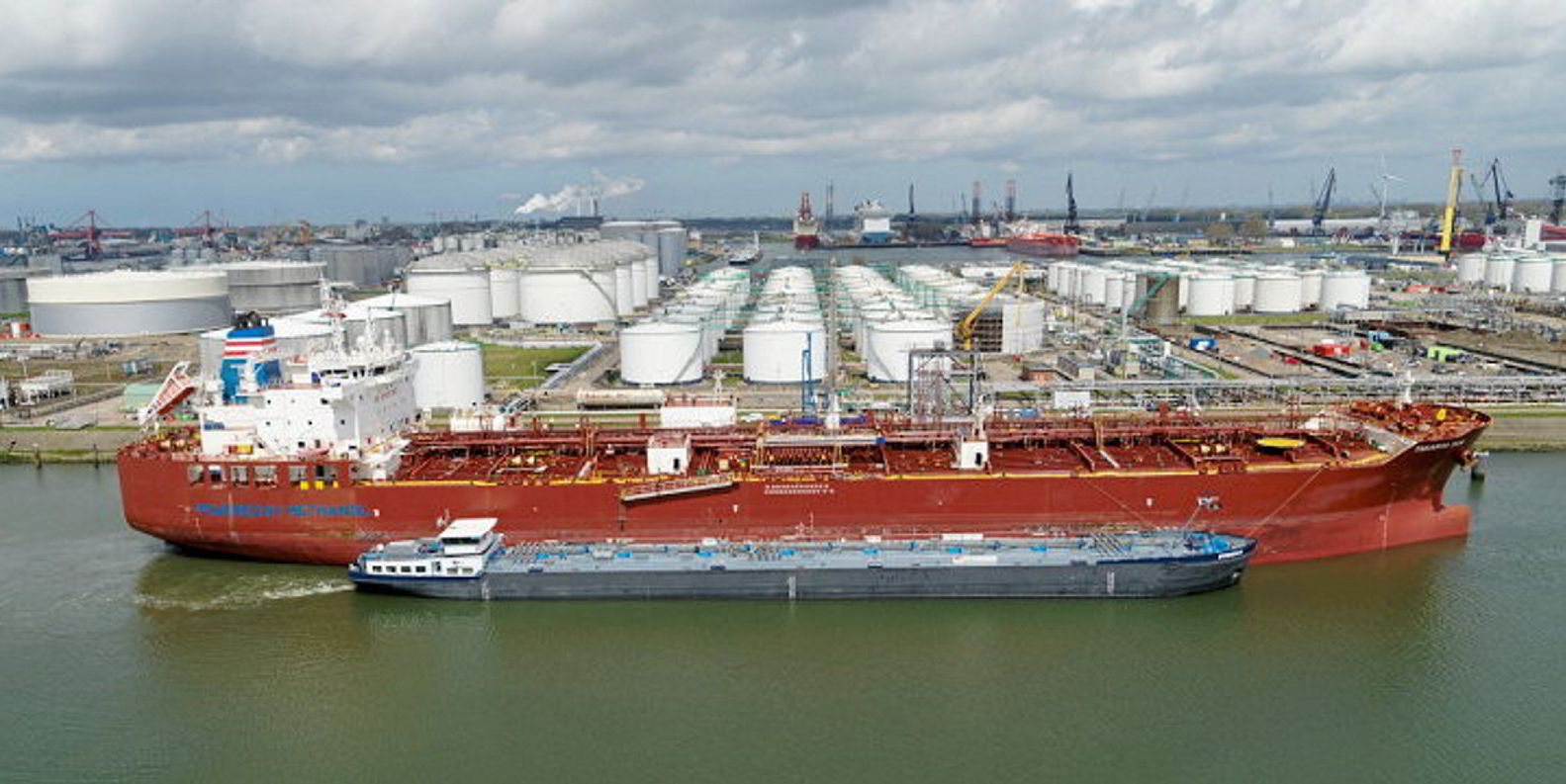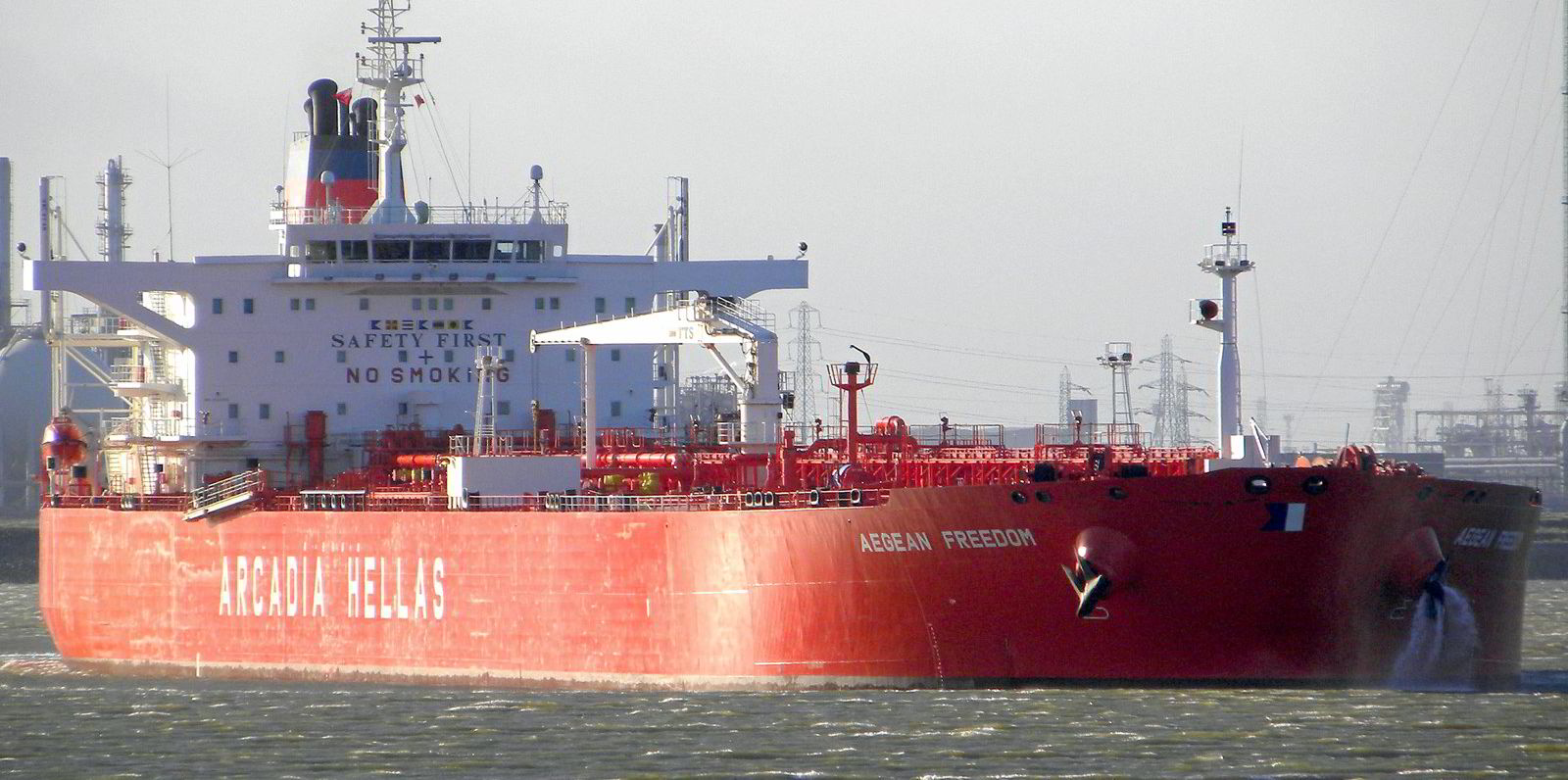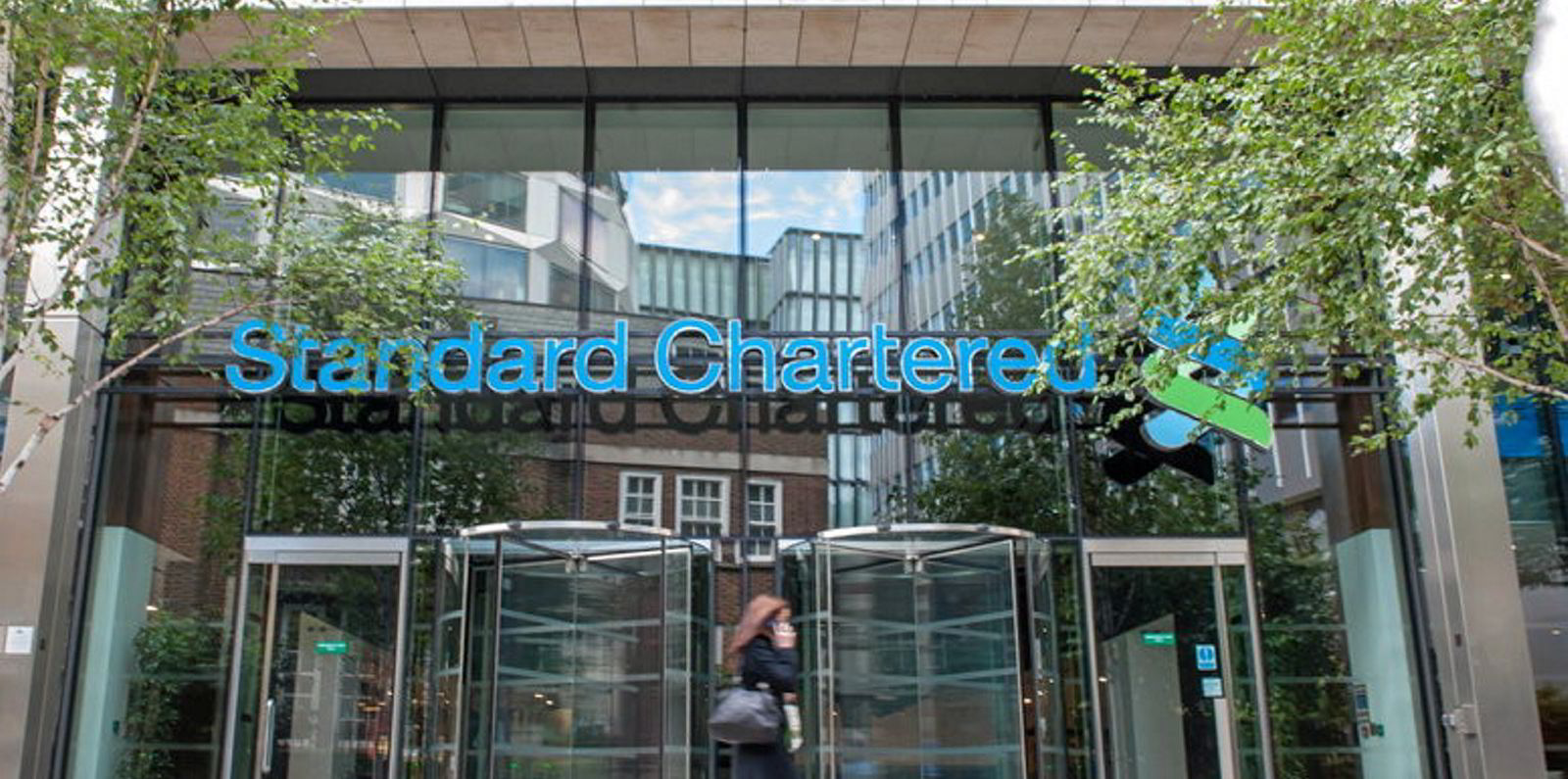Gibson Shipbrokers has warned carbon levies in Europe could price some tanker routes out of the market.
The London shop said shipping's inclusion in the European Union Emissions Trading System (EU ETS) would reduce arbitrage opportunities for voyages involving ports in Europe.
This could mean certain trades, particularly longer haul voyages, would no longer be viable, if the issue is not addressed by EU regulators, the broker added.
"A greater exposure to currency risks is also to be expected as both tanker shipping and the underlying commodity is priced in US dollars, while ETS is traded in euros," Gibson said.
From a tanker perspective, perhaps the most critical question is who will be liable to pay the extra costs, the broker argued.
The introduction of emission control areas in the North Sea and the Baltic saw the higher cost of burning 0.1% sulphur bunkers passed on to charterers.
The situation today could be no different, Gibson believes.
"After all, tanker supply/demand conditions and the resulting time charter equivalent earnings are the main market drivers, and if the owners' spot returns for trading in Europe are lower than elsewhere, the migration to more profitable trades is inevitable, raising costs for intra-EU trades," the broker warned.
Vessels are due to be included in the EU ETS from 2022.
Final decision in July?
EU regulators have completed a consultation and are working on an impact assessment.
Final legislative proposals are expected in July.
Gibson said: "Despite the disruptions caused by the global pandemic, so far there are no indications that the original implementation date could be delayed."
"Time is running out for the shipping industry to prepare; yet, while the policy specifics are still work in progress, important details remain vague and uncertain," the company added.
Gibson believes there is a lack of clarity as to how shipping's carbon emissions will be calculated — particularly for international voyages in and out of the EU — and whether there will be any allowances.
For example, early in the last decade, the union was persuaded to water down its EU ETS regulations for the airline industry.
Only intra-European Economic Area flights were included, while the sector was given a large amount of free allowances.
Aframaxes facing bigger bills

"If the industry is to be included in the ETS, this undoubtedly will lead to an increase in costs," Gibson said.
Carbon prices have more than doubled since October last year, reaching an all-time high of €56 ($68) on 14 May. Levels are now just over €50.
Assuming only intra-EU trade and an ETS price of €50, the carbon cost of shipping 80,000 tonnes of crude from Mongstad to Rotterdam on a slow-steaming non-eco tanker could reach €46,000 or €0.58 per tonne, the broker calculated.
On a longer haul voyage, for example shipping the same cargo from Mongstad to Trieste in Italy, the carbon cost is higher, assessed at €138,250 or €1.73 per tonne.
For smaller ships, the absolute carbon costs of shipping on a like-for-like basis are lower due to reduced bunker consumption.
More costly for clean tankers too
However, the extra bill for shipping 37,000 tonnes of clean products from Cartagena to Lavera could reach €21,750 or €0.59 per tonne, Gibson said.
On a longer haul voyage from Cartagena to Rotterdam, the cost is higher, nearly €54,000 or €1.46 per tonne.
ZeroLab by Klaveness head Martin Prokosch warned earlier in May that freight bills can spiral if no attempt is made to mitigate CO2 output.
He cited the example of a charterer booking 50 ships a year to carry 1.75m tonnes of cargo.
At a price of $50 per tonne of CO2 emitted, the extra cost is $2.5m per year, or $1.40 per tonne of cargo transported.
But if prices move to $100 per tonne of CO2, the cost of those voyages rises to $5m, and at $200 per tonne, the bill is $10m.
Only likely to increase
Prokosch said the price of carbon emissions is only likely to increase.
"We believe the real price [per tonne] of decarbonising shipping is in the range of $100 to $200," he added.
Prokosch said one idea worth revisiting is upsizing, which essentially means using bigger vessels.
"The marginal emissions from maximising intake are almost negligible," Prokosch said.
"Any additional tonne you can fit on board is practically emission-free."







